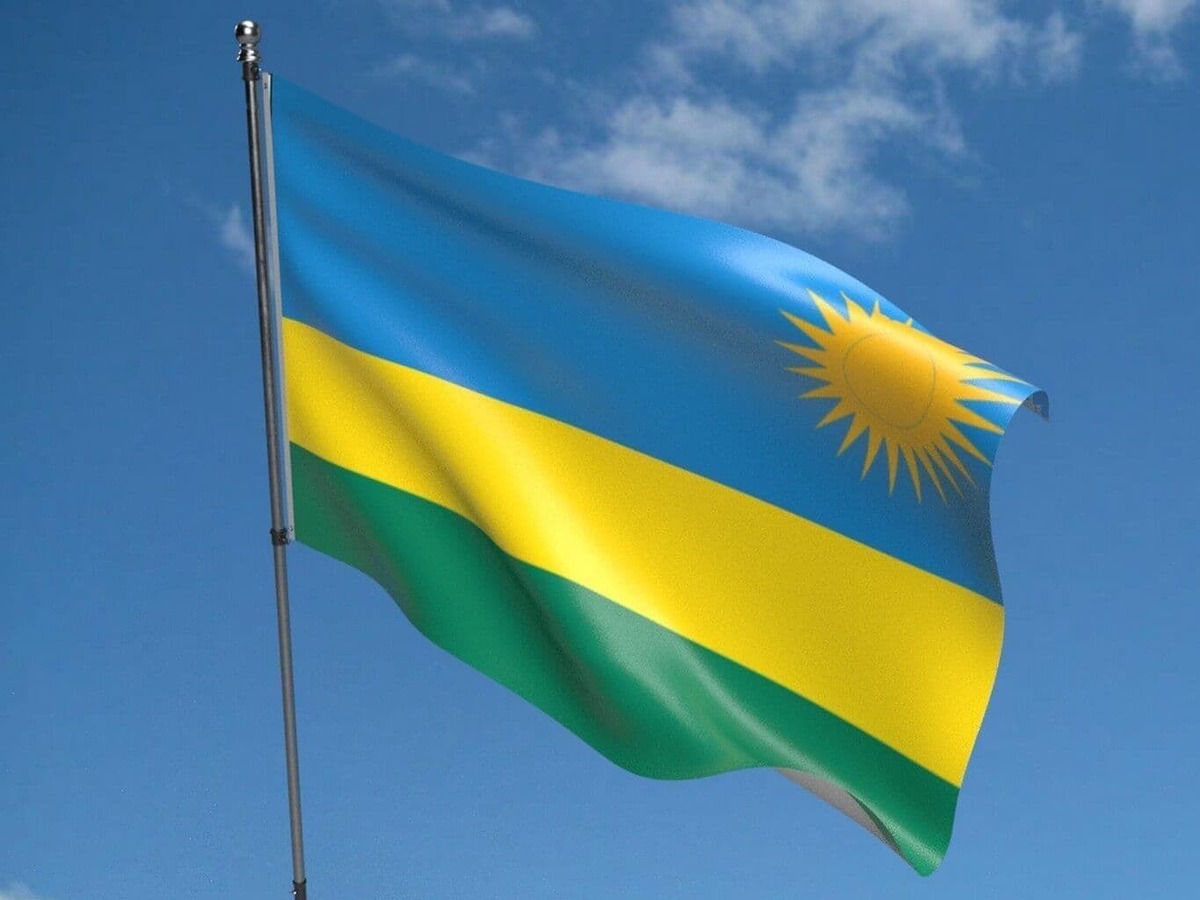The United Nations and the Rwandan government unveiled a new five-year cooperation strategy on Monday, December 16, aimed at aligning UN programs with Rwanda’s national priorities. The strategy, which focuses on sustainable development, is designed to support the country’s Vision 2050 and National Strategy for Transformation (NST2).
At the One UN Joint Steering Committee Meeting, held in Kigali, officials from the Rwandan government, development partners, financial institutions, private sector representatives, and civil society organisations reviewed the UN Sustainable Development Cooperation Framework and upcoming Country Programme Documents for UNICEF, UNDP, UNFPA, and the World Food Programme (WFP). These plans cover the period from 2025 to 2029.
Yusuf Murangwa, Rwanda’s Minister of Finance and Economic Planning, expressed confidence in the partnership, stating, “The UN has been a valuable partner over the years. Their commitment to mobilize over $1 billion for the next five years is impressive and will accelerate our efforts. Given the strong alignment of the UN program with NST2, I am confident we will achieve our shared goals.”
UN Resident Coordinator to Rwanda, Ozonnia Ojielo, emphasized the collaborative nature of the partnership. “Our job as the United Nations is to accompany Rwanda in achieving its aspirations,” he said. “The new framework is a true partnership document, closely aligning with Rwanda’s Vision 2050, NST2, and global commitments like the SDGs and AU Agenda 2063.”
The Cooperation Framework prioritizes economic transformation, social progress, and governance reforms. Key areas of focus include innovative financing, climate-smart growth, human capital development, and strengthened governance systems aimed at fostering peace, accountability, and sustainable development.
Ojielo highlighted the framework’s inclusive approach, saying, “It embodies a leave-no-one-behind philosophy, focusing on gender equality and human rights while addressing climate vulnerabilities and regional instability.” He noted that the plan requires an estimated $1.04 billion (Rwf1.43 trillion) in funding, stressing the importance of strategic partnerships and resource mobilization.
The strategy also emphasizes addressing critical areas such as food systems, job creation, social protection, and education. Ojielo explained, “We’re looking at jobs and social protection by equipping people with skills for the new economy, particularly the gig economy. And in education, the focus is on preparing Rwandans for jobs that don’t yet exist.”
Digitalization was underscored as a cross-cutting priority. “Everything we do will integrate digitalization,” Ojielo said, adding that energy access and affordability are key to addressing climate change, protecting biodiversity, and building resilience.
The UN currently operates 23 agencies in Rwanda, with three additional agencies set to begin operations in 2025, bringing the total to 26. Ojielo outlined the roles of the incoming entities: the International Telecommunication Union (ITU) will focus on telecommunications and digitalization; the UN Office on Drugs and Crime (UNODC) will address transnational organized crime, including trafficking; and the UN Office of Project Services (UNOPS) will enhance project implementation and support efficient delivery of government programs.
Rwanda’s development agenda aims to improve the quality of life for all citizens while building a strong economic foundation to meet its Vision 2050 goals. These include achieving upper-middle-income status by 2035 and high-income status by 2050.
To meet these targets, Rwanda must maintain an annual growth rate of at least 12% from 2018 to 2035 and 10% from 2036 to 2050. The goal is to raise GDP per capita to $4,035 by 2036 and $12,476 by 2050. As of 2023, Rwanda’s GDP per capita had risen to $1,040, up from $774 in 2017.

